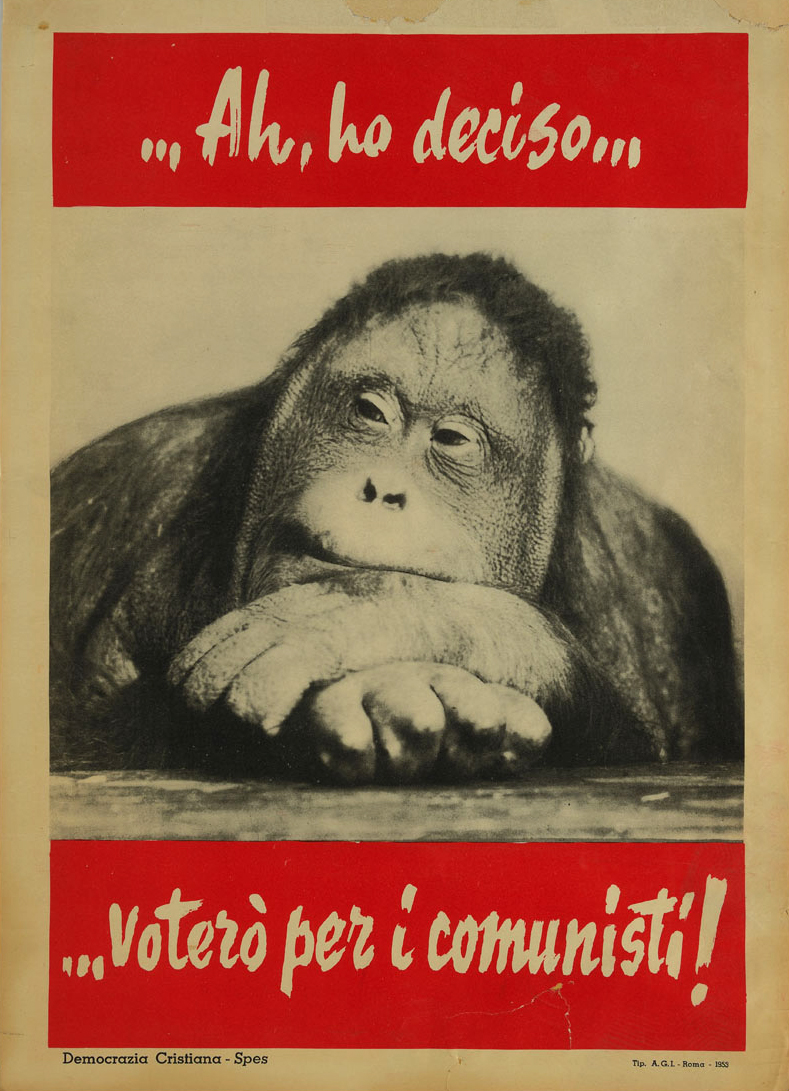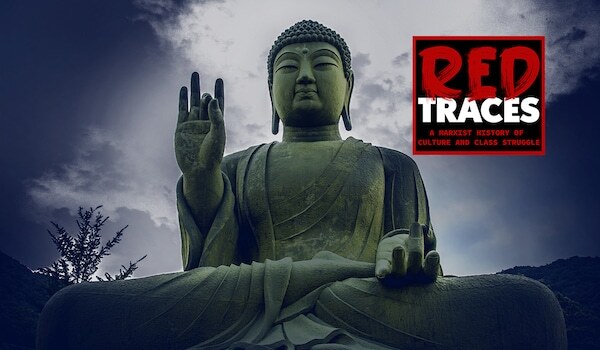Thoughts?
Nice read! I have always been interested in the revolutionary potential of non-Western philosophical traditions, especially the Indian ones like Buddhism.
I wonder if in a different timeline, if India had been allowed to industrialize, if socialist thought would be more influenced by Indian philosophy which already has much of the fundamentals of it, like dialectical thinking. I think German philosophy was in fact already influenced by the then-newly-rediscovered Indian philosophy, like the article alludes to.
Related and interesting:
The so-called Navayana by B. R. Ambedkar, an Indian socialist and Buddhist revolutionary: he reinterprets Buddhism for the modern day. My summary of his interpretation of the 4 Noble Truths:
- Suffering exists as social injustice
- Suffering is caused by class oppression
- Cessation of suffering is achieved by social justice
- There is a path to achieve this cessation of suffering: Educate, agitate, organize (Ambedkar interprets this "social" nirvana as a "kingdom of righteousness on earth")
Vivekandanda's take on history and caste:
Human society is in turn governed by the four castes — the priests, the soldiers, the traders, and the labourers. Each state has its glories as well as its defects. When the priest (Brahmin) rules, there is a tremendous exclusiveness on hereditary grounds; the persons of the priests and their descendants are hemmed in with all sorts of safeguards — none but they have any knowledge — none but they have the right to impart that knowledge. Its glory is that at this period is laid the foundation of sciences. The priests cultivate the mind, for through the mind they govern.
The military (Kshatriya) rule is tyrannical and cruel, but they are not exclusive; and during that period arts and social culture attain their height. The commercial (Vaishya) rule comes next. It is awful in its silent crushing and blood-sucking power. Its advantage is, as the trader himself goes everywhere, he is a good disseminator of ideas collected during the two previous states. They are still less exclusive than the military, but culture begins to decay. Last will come the labourer (Shudra) rule. Its advantages will be the distribution of physical comforts — its disadvantages, (perhaps) the lowering of culture. There will be a great distribution of ordinary education, but extraordinary geniuses will be less and less.
If it is possible to form a state in which the knowledge of the priest period, the culture of the military, the distributive spirit of the commercial, and the ideal of equality of the last can all be kept intact, minus their evils, it will be an deal state. But is it possible?
Yet the first three have had their day. Now is the time for the last — they must have it — none can resist it.
There are four yugas in Hindu temporal cosmology, and similar concepts in Buddhism and Jainism. All have a theme that across the ages, the lower castes become more prevalent, until at the end, it is basically all the laborer class, at which point, there will be a literal revolution of the wheel of time, when the knowledge of liberation is returned to the masses and the trees of ages (kalpavrkshas) which endow upon its caretakers material prosperity bloom once again in the utopia to come.


